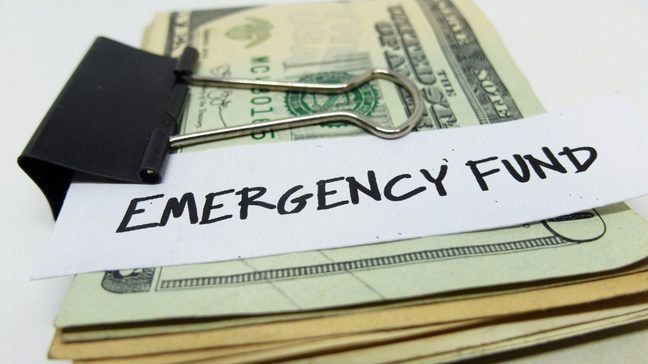Emergencies, by their character, are unanticipated, and when they take place, they can shift you from your monetary resilience. A sudden sickness or road accident, unpredictable job failure, or even an unavoidable home or car restoration can shatter your family’s day-to-day money flow if you aren’t equipped.
While emergencies cannot be avoided, keeping emergency funds will help you in not facing the financial stings out of trading with these unforeseen circumstances.
What is An Emergency Fund?
An emergency fund is a different savings account that is created in a bank or a financial institution. It is used to protect or offset the expenditure of unpredictable events in life. It should not be considered an extra saving or summed as part of a long-term savings strategy for college education, a new car, or a holiday. Rather, this fund acts as a security net, only to be used when an emergency takes place.
How to Build Up Your Emergency Fund
It is not rocket science to understand how you must save for emergency funds. Understanding your income and expenses and the amount of money that will help you to at least sustain for 2 to 3 months will be enough as an emergency fund.
You can open a zero-balance savings account and keep your saved money in the account. The money can be used to its full potential and the amount can sustain with a minimum balance as negligible as zero.
How Much Should You Put in the Emergency Fund?
You want to be capable of paying for an unforeseen restoration. Still, it is also essential to have a sufficient amount of money for at least three months if you lead into an unavoidable position under any circumstance.
Say you lost your job or broke up with your work associate and required some time to get back on your grounds – it will demand a bit more than the price of a new boiler or microwave.
Any funds saved will help you if you have to settle for something you were not anticipating.
A useful rule of thumb to give yourself a substantial financial buffer is to have at least three months’ necessary outgoings known in an instant access savings account. For instance, if you lose your employment, it will give you three months of savings to sustain
So, if you expend Rs. 20,000 a month on mortgage or rent, meals, electricity bills and other necessary expenses, you should at least aim for Rs. 60,000 in emergency savings.
There are 3 below- mentioned important aspects that should be kept in mind while creating an emergency fund and when can they be utilized.
Income
Income is the biggest factor in deciding the amount of funds you will need in the time of emergency. At least save 3 to 6 months of your salary as an emergency fund to sustain well in times of unforeseen circumstances. It is not advised to save the amount in one go and settle with a lower standard of living but slowly and steadily saving the particular amount is a good plan for such time.
Insurance
Another important thing for which you must save money is insurance. You must always have your assets and health insured. Investment in insurance is a form of emergency funds that will help you in times that you were not expecting will come heads on.
Debt
Last on the list is pending debts if any. You must start pooling in some money as emergency funds to clear all your past debts or loans. EMI, insurance premium, and more are some of the amounts that must be saved and given on time. These emergency funds will help you in managing those well.
When Should You Use Emergency Fund
The objective is to use your emergency savings funds only for payments directly connected to an emergency. By positioning a specific amount in that account, you will know how much to build up. When you draw from the emergency savings, you will know how much to contribute to replenishing the account.
When you have to take money from this fund, it’s essential to rebuild it immediately. One must remember that if you start saving from the present time, the money you save today can go a long way towards fulfilling your needs when the subsequent emergency occurs. Click here for more details.

